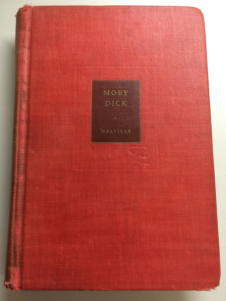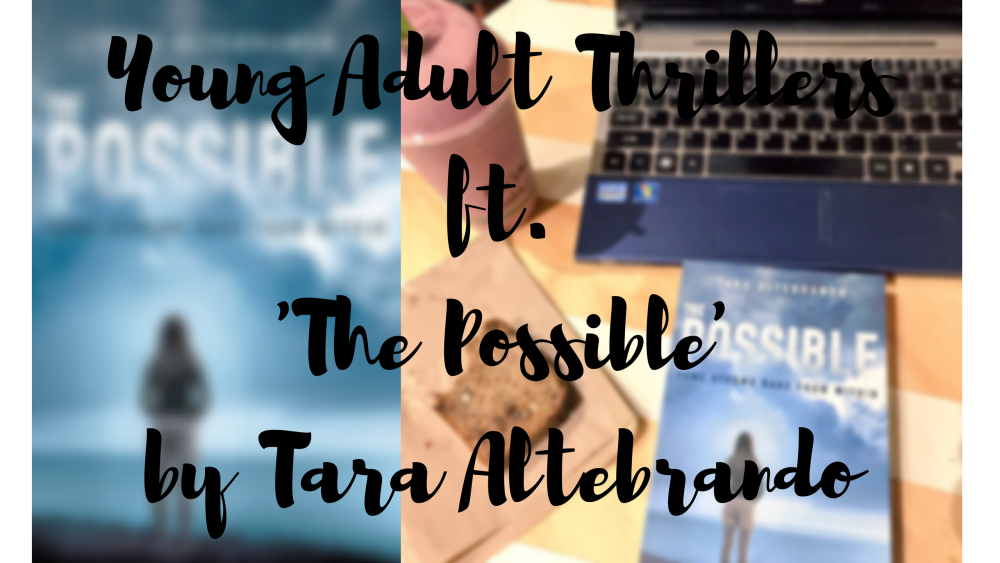If you only have time to read one short piece about writing, editing, and publishing today, I’d like to recommend “The Problem with ‘Problematic'” by Francine Prose on The New York Review of Books‘ NYR Daily site. I had no idea until reading this that “sensitivity reading” had become a cottage industry starting at $250 per manuscript and that editors and reviewers and publishers and schools are on the lookout for any mention of characters from marginalized and/or diverse groups (especially in books by non-marginalized/diverse authors). There’s a sense that some in the industry are running scared in the face of criticism (or potential criticism).
In the novel from my youth that I’m in the process of serializing on this blog, I’m my own sensitivity reader and I’m finding my own “problematic” characters and situations without even searching. My description of the young woman introduced in Chapter 3.1 makes me cringe, but I’m following my own ground rules and leaving everything from my manuscript unchanged as a time capsule from 1975. At least I was aware of feminism then, even if I (or my characters) sometimes reflected the values of an earlier decade in practice.
This becomes even more problematic for books of earlier eras; Francine Prose mentions an anti-Semitic stereotype that disturbed her in Wharton’s The House of Mirth and continues, “Moby-Dick might not exist if a sensitivity reader had objected to Melville’s depiction of the indigenous Queequeg, silent, telling fortunes. It’s painful to imagine someone reading Huckleberry Finn and having only one thought: fuck your white savior narrative.”
At a time when we have an anti-literate government, should we readers really be so actively policing (and sometimes suppressing) the language of imaginative literature too? Read Francine Prose’s piece; she spells out the problematic issues better than I can.
Advertisements Share this:




